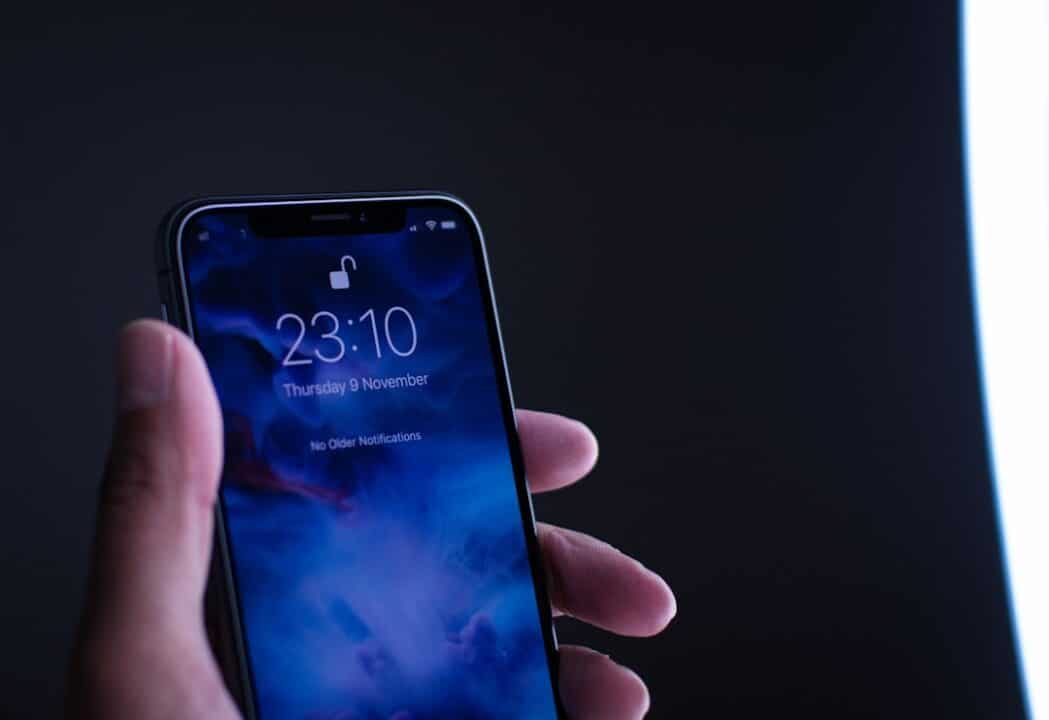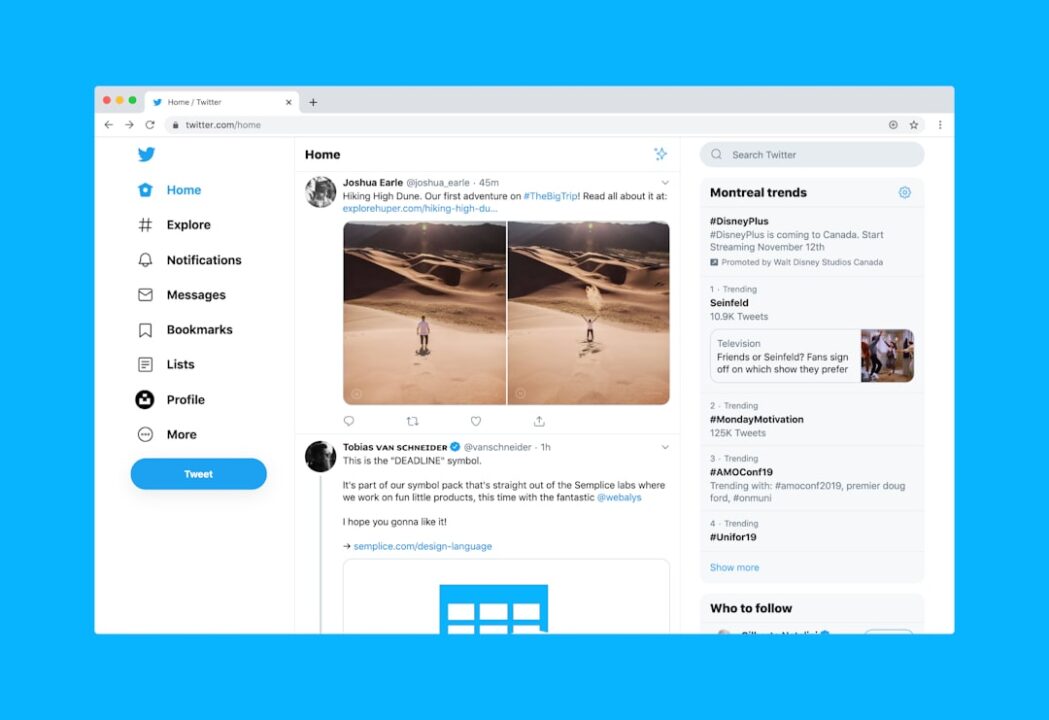|
IN BRIEF
|
Writing a powerful cover letter is a crucial exercise for anyone who wants to stand out in the job market. This is often the first contact with a potential employer and can mean the difference between being invited to an interview or being passed over. In a context of increased competition, it is essential to know how to present your skills and motivations in a convincing manner. This article will guide you through the key steps to crafting a cover letter that attracts attention and increases your chances of landing that much-desired interview.
Write a cover letter Impactful is a crucial step in standing out among a pile of applications. A well-crafted letter can capture the recruiter’s attention in the blink of an eye and guarantee an interview. This article guides you through the essential steps to creating an irresistible cover letter: from preparation to structuring, tone and personalization, every aspect is covered to maximize your chances of success.
Understand the importance of the cover letter
There cover letter is much more than a simple addition to the CV. It allows you to combine your skills and motivations for the desired position. If the resume lists your experiences, the cover letter brings those facts to life. It shows that you are not only qualified, but also passionate and committed to joining the organization.
Study the company and the position
Identify values and needs
Before you start writing, it is crucial to understand the company and the position you are applying for. Visit the organization’s website, read articles about it and explore its social networks. Know his values, its mission and its recent projects. This research will make it easier to personalize your letter and show the recruiter that you have done your homework.
Analyze the job offer
The job offer is also a valuable source of information. Take note of the keywords and skills mentioned. If keywords like “teamwork”, “leadership” or even “project management” appear, make sure to integrate them smoothly into your letter. It is proven that the use of relevant keywords can increase your chances of selection by Applicant Tracking Systems (ATS).
Structuring your cover letter effectively
Use a standard format
For smooth reading, opt for a classic structure: header, introduction, body of text and conclusion (without using these words as section titles). Use short, breezy paragraphs to make it easier to read. A well-structured letter demonstrates your organizational skills.
Prepare a catchy introduction
The introduction must immediately capture the recruiter’s attention. Mention the position you are applying for and briefly state why you are interested in this opportunity. For example, « Your offer for the position of Project manager fits perfectly with my career path and my professional ambitions. »
Highlight your skills and achievements
Develop relevant experiences
Use the body of your letter to detail your most relevant experiences and skills. Instead of just repeating what’s in your resume, expand on these points by explaining how your past experiences have prepared you for this position. Use concrete, quantifiable examples: “I led a team of 10 people and successfully completed projects that generated 20% revenue growth.”
Show your added value
Explain how your skills and experiences add value to the company. For example, if the company emphasizes innovation, mention a situation where you contributed to a innovative improvement or proposed a new idea that was implemented. This not only shows that you are qualified, but also that you are aligned with the company’s values.
Personalize your letter
Adapt the content to the position
Avoid generic cover letters. Tailor each letter to the specific company and position. Mention recent projects the company has or challenges it might face, and explain how you could contribute. This personalization shows that you have taken the time to inform yourself and that you are truly motivated.
Use an appropriate tone
The tone of your letter should reflect the company culture. For example, a tech start-up may appreciate a more casual and creative tone, while a financial institution may prefer a formal and professional tone. Adapt your style accordingly, while remaining authentic.
Focus on presentation and clarity
Simplify the language
Use simple and precise language. Avoid jargon and complex sentences that could make your letter difficult to understand. Clarity is essential to keep the recruiter’s attention and make it easier to read.
Take care of the visual presentation
Visual presentation is just as important as content. Use a readable font, adequate margins and careful alignment. A well-presented document gives an impression of professionalism and seriousness.
Proofread and correct before sending
Check spelling and grammar
A cover letter full of mistakes can ruin your chances. Proofread your letter several times and use spell-checking software. Don’t hesitate to ask someone you trust to proofread it as well.
Ensure consistency and fluidity
In addition to correcting mistakes, make sure your letter is coherent and flows. Check that each paragraph flows logically and that your ideas are clearly expressed. A well-written, flowing letter is more pleasant to read and leaves a better impression.
Stand out with original elements
Use personal anecdotes
Personal anecdotes can make your letter more memorable. Share a memorable experience that illustrates your skills or passion for the position. For example, « During my last project, I faced a major challenge when… » Anecdotes add a human and personal touch to your application.
Integrate a creative touch
In certain sectors, such as communication or design, creativity can be an asset. Feel free to add a creative touch if appropriate. It can be subtle, like a quirky layout or a slightly more relaxed tone, but it can make a difference.
| Key Elements | Practical Tips |
| Catchy Introduction | Start with a punchy sentence that grabs the recruiter’s attention. |
| Personalization | Tailor your letter for each position by mentioning the company and role specifically. |
| Relevant Experience | Highlight the experiences most relevant to the position sought. |
| Motivation | Clearly express your motivation for the position and the chosen company. |
| Key Skills | List specific skills that match the employer’s expectations. |
| Your Professional | Use a formal tone, but don’t be afraid to show your personality. |
| Incentive Conclusion | End with an invitation to discuss more during an interview. |
-
Personalization
- Adapt the letter to the company and the position targeted.
- Adapt the letter to the company and the position targeted.
-
Impactful Hook
- Start with a captivating introduction.
- Start with a captivating introduction.
-
Relevant Experience
- Highlight experiences related to the position.
- Highlight experiences related to the position.
-
Key Skills
- State specific skills sought by the employer.
- State specific skills sought by the employer.
-
Clear motivation
- Explain why you are really interested in the position.
- Explain why you are really interested in the position.
-
Energetic Style
- Use a dynamic and positive tone.
- Use a dynamic and positive tone.
-
Spelling and Grammar
- Proofread carefully to avoid mistakes.
- Proofread carefully to avoid mistakes.
-
Convincing Conclusion
- End with a sentence that encourages the meeting.
- End with a sentence that encourages the meeting.
- Adapt the letter to the company and the position targeted.
- Start with a captivating introduction.
- Highlight experiences related to the position.
- State specific skills sought by the employer.
- Explain why you are really interested in the position.
- Use a dynamic and positive tone.
- Proofread carefully to avoid mistakes.
- End with a sentence that encourages the meeting.
Use helpful tools and resources
Application applications and software
There are many tools that can help you write an impeccable cover letter. Apps like these video application applications allow you to stand out with innovative formats, offering a dynamic alternative to the traditional written letter.
View templates and examples
Check out cover letter examples for inspiration. Sites like the Student offer a variety of templates that can give you ideas on structure and content to include.
Use feedback to improve your letter
Ask for external opinions
Seek advice from experienced people to get constructive feedback on your letter. Whether it’s mentors, colleagues or recruiting professionals, their feedback can be extremely valuable in making improvements.
Participate in workshops or seminars
Attend workshops or seminars on writing cover letters. Some organizations offer specific training sessions to improve your writing skills. The article from Business Cool is a good resource for exploring these opportunities.
Preparing for the interview after sending
Anticipate the recruiter’s questions
A successful cover letter often leads to an interview. Prepare by anticipating potential questions from the recruiter. Review the strengths you mentioned in your letter and be prepared to expand on them further.
Prepare a professional presentation
Work on your presentation speech and prepare concrete examples of your achievements. Preparing in advance will allow you to approach the interview with confidence and respond convincingly to the questions asked.
Keep the changing job market in mind
Adapt your application to the digital age
The job market is constantly evolving, and it is important to adapt your applications accordingly. Use digital tools to optimize your job search. For example, the digital tools can revolutionize your job search by offering innovative and effective features.
Stay informed of recruiting trends
Follow current recruiting trends to adjust your approach. For example, some sectors increasingly value skills in sustainability or diversity. By staying informed, you can tailor your application to match market expectations.
Use feedback from past experiences
Learn from your mistakes
Analyzing feedback from previous applications can help you improve your future cover letters. Identify what went wrong and make adjustments as necessary. Every failure is a learning opportunity.
Optimize your job search strategy
Beyond the cover letter, optimize your overall job search strategy. Use appropriate platforms, participate in job fairs and develop your professional network. Inspiring stories like that of Young people and local missions show that a well-thought-out strategy pays off.
Explore unconventional methods
Non-traditional employer
Sometimes thinking outside the box can be beneficial. For example, some companies like Burger King innovate in recruitment. Even if the CV is useless, a catchy cover letter can still make a difference.
Rely on recommendations
Recommendations can play a crucial role in landing an interview. Ask your former employers or colleagues for letters of recommendation. They add credibility to your application and show that other professionals see you as a valuable candidate.
Inspiring testimonies
Learn from others
Success stories can be a source of inspiration and motivation. For example, stories of candidates who landed a job through perseverance and strategy, as discussed in preparing for orals, can give you ideas on how to refine your approach.
Initiate research on mentors
Seek out mentors in your field for advice and guidance. Contacts can recommend proven techniques for writing effective cover letters. Some mentors share their personal experiences on professional networking platforms.
Adapt your approach after the crisis
Responding to new challenges
The health crisis has turned the world of work upside down. Young people, in particular, have had to face many challenges in planning for the future. Adapting your cover letter taking into account this new reality is therefore essential. Initiatives like the Youth guarantee in Marseille offer interesting avenues for understanding and overcoming these challenges.
Prepare for various scenarios
With rapid changes in the job market, it is important to prepare for various scenarios. Whether with digital methods or online interviews, remaining flexible and adaptable will help you succeed in your applications. Take example from the feedback of those who have successfully navigated this new professional environment.
Exploit feedback from the local market
Local Opportunities
If you are applying in a specific region, find out about local recruitment methods. For example, the job market in Corrèze can be specific and follow different rules. Articles like those of The Mountain show how local “wise men” can help you land a job.
Take advantage of regional resources
Take advantage of the resources offered by your region. For example, some cities offer cover letter writing and interview preparation workshops. The advice and feedback from these workshops can be very valuable in perfecting your applications.
Promote uncommon skills
Interpersonal skills
Interpersonal skills, often called « soft skills », are increasingly valued by employers. Highlight your ability to communicate, work in a team and manage conflicts. These skills, although less tangible, are essential and sought after.
Specific and technical skills
If you have advanced technical skills, let people know. Concrete, quantifiable examples are a great way to show your expertise. To add weight to your words, cite specific certificates or training courses you have completed.
- What is the ideal structure for a cover letter?
- The ideal structure includes a catchy introduction, an elaboration on your skills and experiences, and a conclusion expressing your motivation.
- How to personalize your cover letter?
- It is essential to personalize your letter according to the company and the position targeted. Show that you have researched the company.
- What elements absolutely must be included in the letter?
- Key elements include your introduction, professional background, relevant skills, and closing with an interview request.
- How to stand out with your cover letter?
- To stand out, use concrete examples from your experiences that illustrate your skills and show your passion for the position.
- What mistakes to avoid in a cover letter?
- Avoid spelling mistakes, generic formulas and lack of clarity. Don’t fill the letter with empty sentences without meaningful content.
- Should you always follow a standard format?
- Although the standard format is recommended, you can get creative while remaining professional to catch the attention of recruiters.
- What tone should you adopt in your cover letter?
- Adopt a professional but warm tone. Show your enthusiasm and motivation while remaining polite and respectful.
- How long should the cover letter be?
- A cover letter should generally be between half a page and a page, or around 300 to 400 words.
- Should we mention his soft skills?
- Yes, it is important to mention your soft skills because they play a key role in teamwork and adaptability, which are often sought after by employers.
- Is it useful to reread your cover letter?
- Yes, proofreading your letter is crucial to correct any errors and to ensure that the message is clear and impactful.





